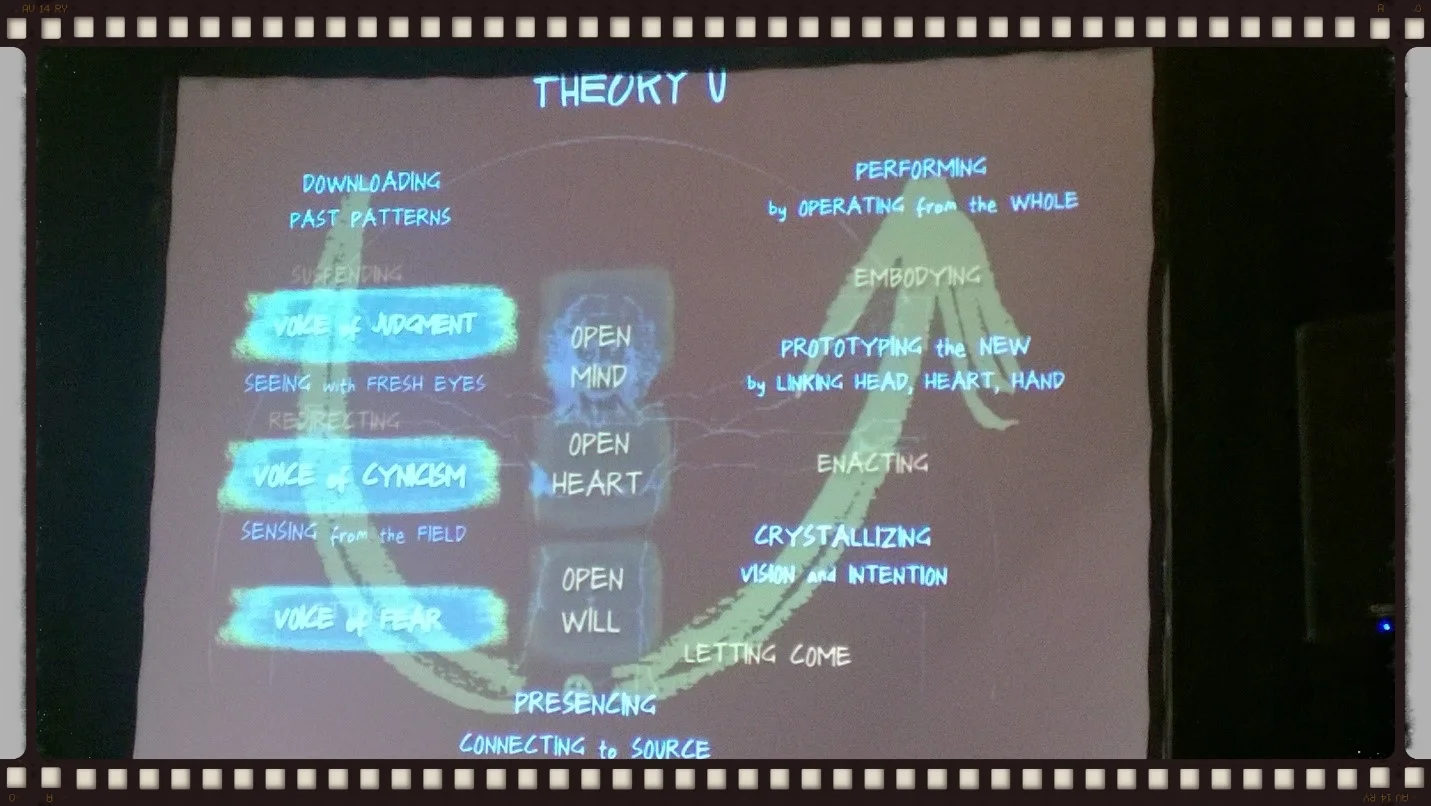Reporting from the 2015 Coaching in Leadership and Healthcare Conference organized by Institute of Coaching by Nicholas Wai
One of the reasons why I enjoy being a coach so much is that this role requires me to keep learning all the time, which I greatly enjoy. As part of this life-long learning journey I started going to the Coaching in Leadership and Healthcare Conference organized by the Institute of Coaching in Boston 4 years ago. Because the Institute of Coaching is part of McLean Hospital, a Harvard Medical School affiliate, and being in Boston, the conference has always been able to attract wonderful speakers who are experts in their fields, such as Daniel Goleman, who helped made Emotional Intelligence a household concept, and Robert Kegan, whose research on thinking complexity and immunity to change I have long admired.
This time, my third time at the conference, I was particularly impressed by three speakers. The first was Gretchen Rubin, who has previously written a very successful book The Happiness Project. Having recently published a book called Better than Before, she spoke about how our behaviours are largely determined by our habits and that if we want to change we need to form new habits and know which type of a rule follower we are (upholders – who treat rules and commitments as sacred; questioners, who respond better to inner commitments and would ask a lot of questions to get there; obligers, who respond better to external commitments; and rebel, who basically don’t respond to either internal or external commitments well). Like her previous books, she used some easy to understand concepts and devised some logical processes to help people in making changes seem easier to reach.
The second speaker who I really liked was Amy Cuddy, whose TED talk from 2012 on body language and emotions became the second most viewed TED video and one which I show frequently in presentation skills workshop I facilitate. As a researcher in non-verbal behaviours, Cuddy used many rich and easy to understand scientific evidences to explain that we can use simple body postures like “power posing” to strengthen our mind so we can take on the challenges which we feel anxious of. Although it sounds simple but it really works and having everyone at the conference doing the power pose together was really fun and uplifting.
The third speaker whom I was really taken by was Otto Scharmer, whose U-theory I have started reading up on before the conference to got a better understanding of. I was very much inspired by his idea that centre around how our world is changing, and where the old structure that is ego-driven is not working as well as before and requires one that is more community-driven so that we do things differently with:
· Open mind,
· open heart, and
· open will.
Real listening, and being really present, would be important in this change and with his U Lab course he has set out to sign up more people around the world to experiment with him. As a believer in action learning Scharmer not only proposed a theory, he has also set up experiments to test it out and make course adjustments as he goes along, which to me is very open and refreshing. I would really love to see this happen and experience the experiment as part of this evolving global community.
Lastly, something I’ve yet to mention about coming to these conferences is the opportunity to engage talking and discussing with fellow participants about what they do in their parts of the world, as well as the direction they see coaching is moving towards in their operating market, as well as the profession. So far I’ve picked up something: companies are training up more internal coaches as opposed to relying only on external ones, and I am keen to explore if this is an established trend or not. As I write this in Portland, Oregon on my second trip to the USA this year to attend ICF Advance: Forward, I hope to share with you highlights of this conference in my next blog post.









